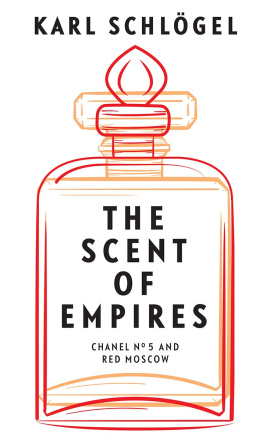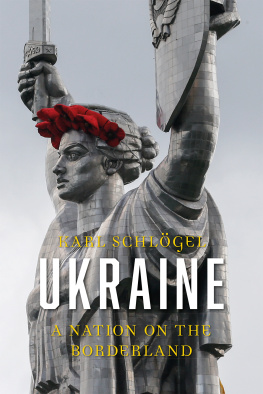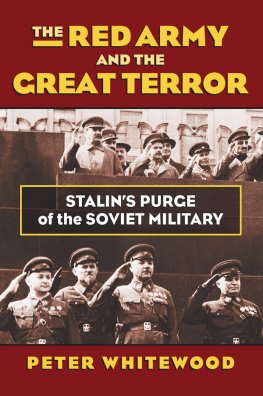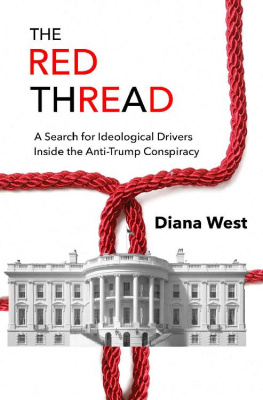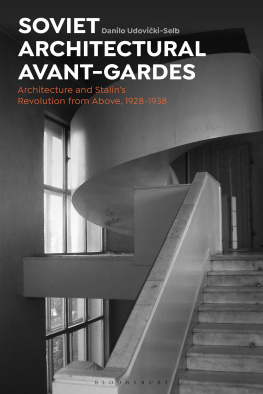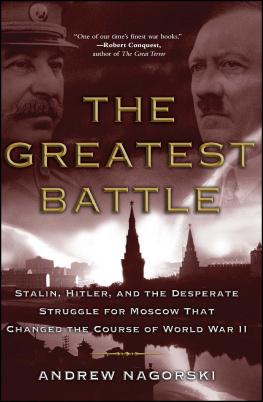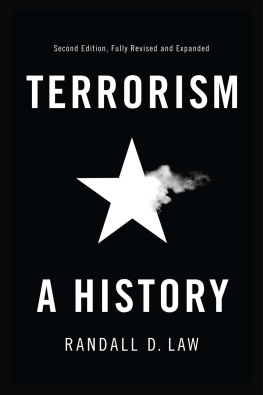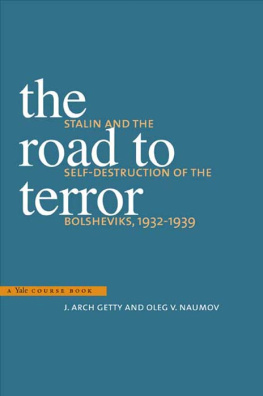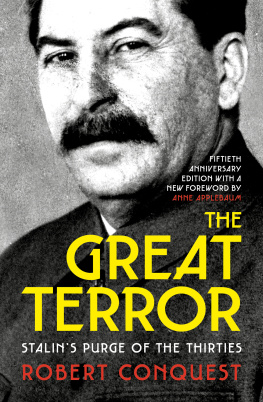Moscow, 1937
For Anya, our Muscovite, and for the indomitable members of Memorial
Moscow, 1937
Karl Schlgel
Translated by
Rodney Livingstone
polity
First published in German as Terror und Traum. Moskau 1937 Carl Hanser Verlag Munich, 2008
This English edition Polity Press, 2012
This edition is subsidized by Geisteswissenschaften International translation funding for Humanities and Social Sciences from Germany. A joint initiative of the Fritz Thyssen Foundation, the German Federal Foreign Office, and the German Publishers & Booksellers Association.
Polity Press 65
Bridge Street
Cambridge CB2 1UR, UK
Polity Press
350 Main Street
Malden, MA 02148, USA
All rights reserved. Except for the quotation of short passages for the purpose of criticism and review, no part of this publication may be reproduced, stored in a retrieval system, or transmitted, in any form or by any means, electronic, mechanical, photocopying, recording or otherwise, without the prior permission of the publisher.
ISBN: 978-0-7456-8360-7
A catalogue record for this book is available from the British Library.
The publisher has used its best endeavours to ensure that the URLs for external websites referred to in this book are correct and active at the time of going to press. However, the publisher has no responsibility for the websites and can make no guarantee that a site will remain live or that the content is or will remain appropriate.
Every effort has been made to trace all copyright holders, but if any have been inadvertently overlooked the publisher will be pleased to include any necessary credits in any subsequent reprint or edition.
For further information on Polity, visit our website: www.politybooks.com
Contents

Preface
Ever since my first encounter with the world of Soviet Russia, and indeed ever since I began to think politically, I have known that I would write this book. It is not possible to talk about Russia in the twentieth century, and even present-day post-Soviet Russia, without coming up against the caesura invoked by the term 1937. All lines of inquiry in my previous writings whether they focused on St Petersburg as a laboratory of modernity, the Russian experience of exile in Berlin between the wars, or the rebirth of Russia after the demise of the Soviet Union somehow or other and at some point or other inevitably led back to the time and place of the radical and irreversible rupture in the third decade of the twentieth century.
I was still at school, at the beginning of the 1960s, when I heard Yevgeny Yevtushenko recite his poem The Heirs of Stalin. Even for people unfamiliar with the whole history, the verses gave expression to something sinister, ominous and opaque that must never be allowed to recur, a catastrophe that had befallen a people and a nation. This was repeated over the years and developed into a leitmotif. In the circle of acquaintances to which I subsequently belonged in Moscow there was no one whose family did not contain a victim: relatives that had disappeared, children who did not know when and where their fathers had been shot, and families scattered throughout the Soviet Union during those years. The traces of violence, misfortune and arbitrary rule were everywhere to be seen. And yet, right to the very end of the Soviet Union, there were no memorials to commemorate the dead and to give the collective trauma a public face.
In West Germany and West Berlin, where I began my studies, there could be no question of a lack of information or a general silence on the subject. Long before Alexander Solzhenitsyns monumental attempt at an artistic depiction of the Gulag Archipelago, there were major accounts of it. We need think only of Alexander Weissberg-Cybulskis report on his odyssey through Stalins prisons, of Arthur Koestlers response to the shock produced by the Moscow show trials in his novel Darkness at Noon, of the shattering memoirs of Evgenia Ginzburg and Nadezhda Mandelstam. Robert Conquests account of the Great Terror had likewise appeared as early as 1969 and was soon followed by Roy Medvedevs insiders view of the history of Stalinism.
Nevertheless, the historic catastrophe and the human tragedies of the Soviet Union never received the attention and interest that might have been expected from a public that had been exposed to the horror of the crimes of National Socialism. The asymmetry was very striking. A world that had taken to heart such names as Dachau, Buchenwald and Auschwitz had trouble in memorizing names like Vorkuta, Kolyma or Magadan. People had read Primo Levi but not Varlam Shalamov. Thus Stalins victims died a second death, this time in peoples memories. They vanished in the shadow of the crimes of the century committed by the Nazis; they were lost to view by the side of the countless victims in the Great Patriotic War. They fell by the wayside in the ideological skirmishes of the Cold War, in which a fact could not be accepted as true if the applause came from the wrong side, and where after 1945 the swiftly restored anti-totalitarian consensus against communism frequently blinded the public to the fact that education about their own totalitarian past was far from comprehensive. The victims of that other collapse of civilization disappeared finally behind the wall of silence that had fixed the division of Europe for half a century. In this way, no sooner was the question of the victims of Stalins dictatorship broached than complex rationalization processes led to a curious lack of interest and even indifference.
However, Moscow in 1937 is one of the key settings of European history. It is not situated somewhere or other but on a fault line of European civilization. The dead of 1937 are the contemporaries of a century of extremes that knows no frontiers. This is why Moscow in 1937 must form part of our mental processes when we inquire into the meaning of the twentieth century for European civilization.
This became clear at the latest by the time of the demise of the Soviet Union, since that demise has been accompanied by a fundamental struggle to recapture our historical memory. The Soviet topography of terror was charted for the first time; for the first time the names and portraits of hitherto nameless victims were published and memorials were erected. This process is far from complete, and will only be completed if and when in the not too distant future Lubianka, that symbol of infinite contempt for human beings and murderous violence in the centre of Moscow, is transformed into a museum and a place of remembrance.


